Impeachment in the U.S. is a wild ride that kicks off in the House of Representatives. It all starts with a simple resolution, and then things get serious. The Judiciary Committee investigates, drumming up evidence like a courtroom drama. They draft articles of impeachment, and the House votes—just a simple majority needed. If it passes, the Senate takes over for a trial. Ultimately, a two-thirds Senate majority decides if the person is gone or stays. Curious about the details? Keep going.
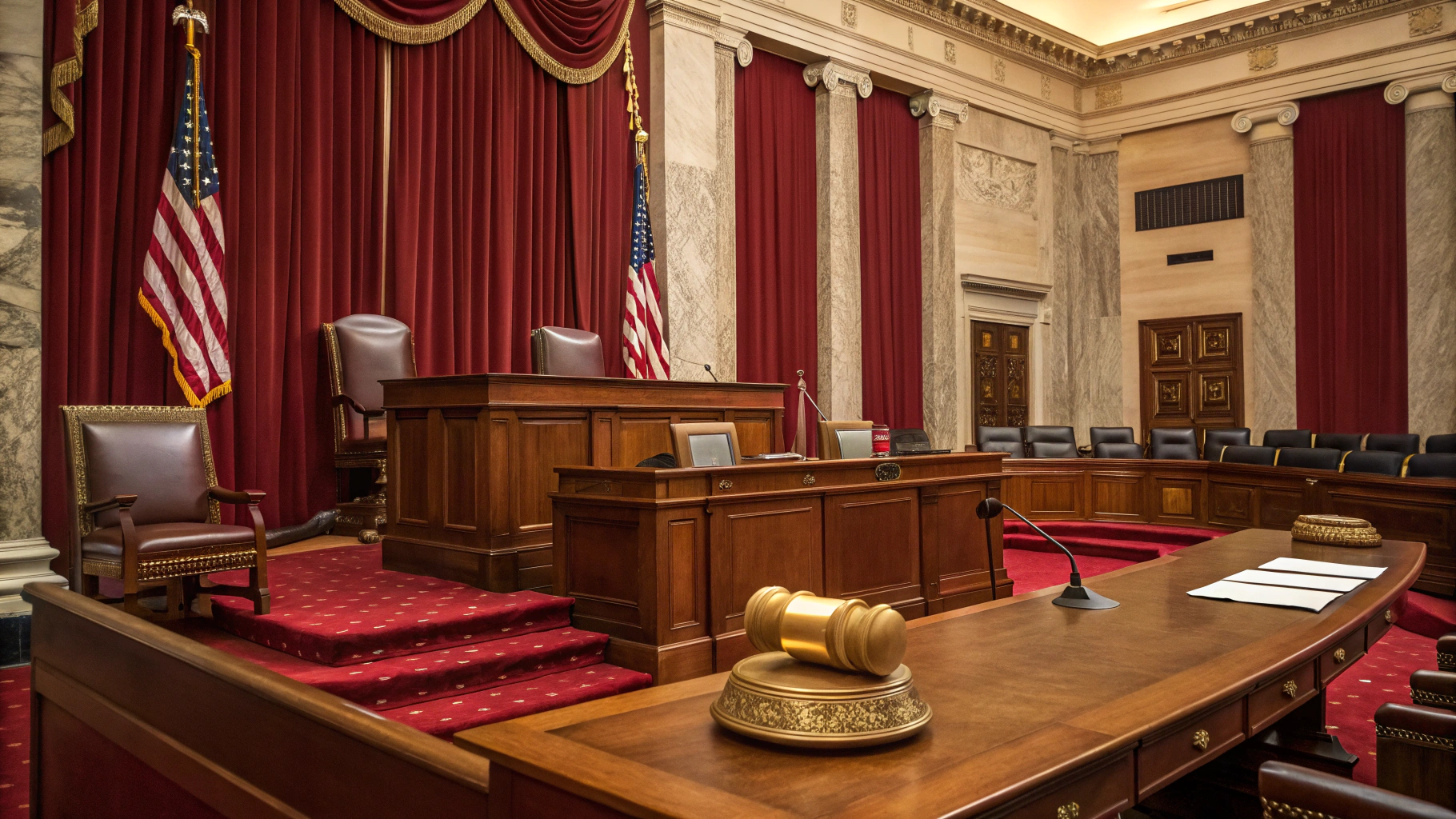
Impeachment in the U.S. is a wild ride, marked by political drama and high stakes. It begins in the House of Representatives, the place where all the action kicks off. According to Article I, Section 2, Clause 5 of the Constitution, they have the sole power to initiate impeachment. Members can propose impeachment, or it can come from outside sources.
Then, a simple resolution gets introduced, and voilà, the process is officially underway. It's like a political soap opera with a twist.
Next, the Judiciary Committee takes over. They plunge into investigations, armed with subpoenas and the power to hold hearings. They gather evidence and send their findings back to the full House. And yes, they may even form task forces to dig deeper. If the evidence looks juicy enough, the committee drafts articles of impeachment. These articles outline specific charges, and believe it or not, they need a simple majority to pass. So, it's not just a free-for-all; there's a method to the madness.
Once the House votes, things get real. Each article gets its moment in the spotlight. If any article passes, that's it—the individual is impeached. The House then notifies the Senate, and they select managers to present the case. Cue the dramatic music! House managers are selected to present the case to the Senate, which begins the trial the day after the articles are delivered.
Now, the Senate takes center stage. They receive the articles and start the trial. The Chief Justice presides over the proceedings if the President is on the hot seat. Senators act as the jury, which is kind of like letting the fox guard the henhouse, if you ask some. House members serve as prosecutors representing the case against the president. Witnesses may be called, evidence reviewed, and in the end, a two-thirds majority is needed for conviction. If that doesn't happen, well, it's like nothing ever happened at all. Just another day in the land of political theater.
Frequently Asked Questions
What Are the Political Implications of Impeachment for Future Elections?
Impeachment can be a political minefield. It's like playing with fire—sometimes, it burns you.
Voters often retaliate against parties that fail to remove an impeached president. If the public thinks the process was just a partisan stunt? Good luck winning future elections.
Party images take a hit, and history shows that backfires can be brutal. Timing and public opinion are everything.
It's a risky game, and not everyone walks away unscathed.
How Often Has Impeachment Occurred in U.S. History?
Impeachment in U.S. history? It's not an everyday thing. Over sixty attempts have been made, but only twenty folks got officially impeached.
That includes three presidents—Andrew Johnson, Bill Clinton, and Donald Trump (twice!). Spoiler alert: none were actually removed.
Most attempts fizzle out before even hitting the Senate. So, yeah, it's rare, messy, and usually a political circus more than anything else.
Welcome to the drama of American politics!
What Is the Role of Public Opinion in Impeachment Proceedings?
Public opinion is everything during impeachment. It sways politicians like a pendulum. If the crowd's not on board, good luck getting anyone to act.
Media? Oh, they play a huge role, framing narratives like a Hollywood script.
Partisan divides? Yeah, they're real. One side cheers while the other jeers.
And don't forget, public sentiment can flip faster than a coin. Politicians know: no support means no survival.
It's a messy game of popularity.
Can a President Be Impeached for Actions Taken Before Taking Office?
Absolutely, a president can be impeached for actions taken before they took office.
Sounds wild, right? But the Constitution lets Congress interpret "high crimes and misdemeanors" pretty broadly.
So, if they think a president's past actions are scandalous enough, boom! Impeachment inquiry kicks in.
It's political theater at its finest, not a legal court.
Crazy world where past misdeeds can come back to haunt you—even before you've officially moved into the Oval Office.
What Happens if a President Is Impeached but Not Removed?
If a president is impeached but not removed, they stick around in office. Yup, business as usual.
They can still run for future positions, too—unless someone decides to disqualify them.
And let's not forget, being impeached doesn't mean they're free from legal trouble. They can still face criminal prosecution.
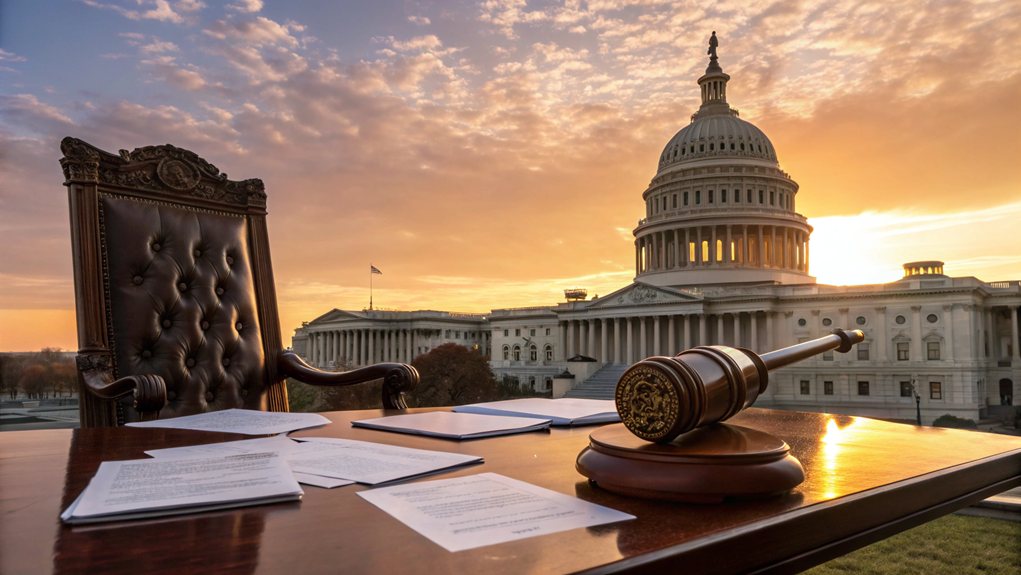
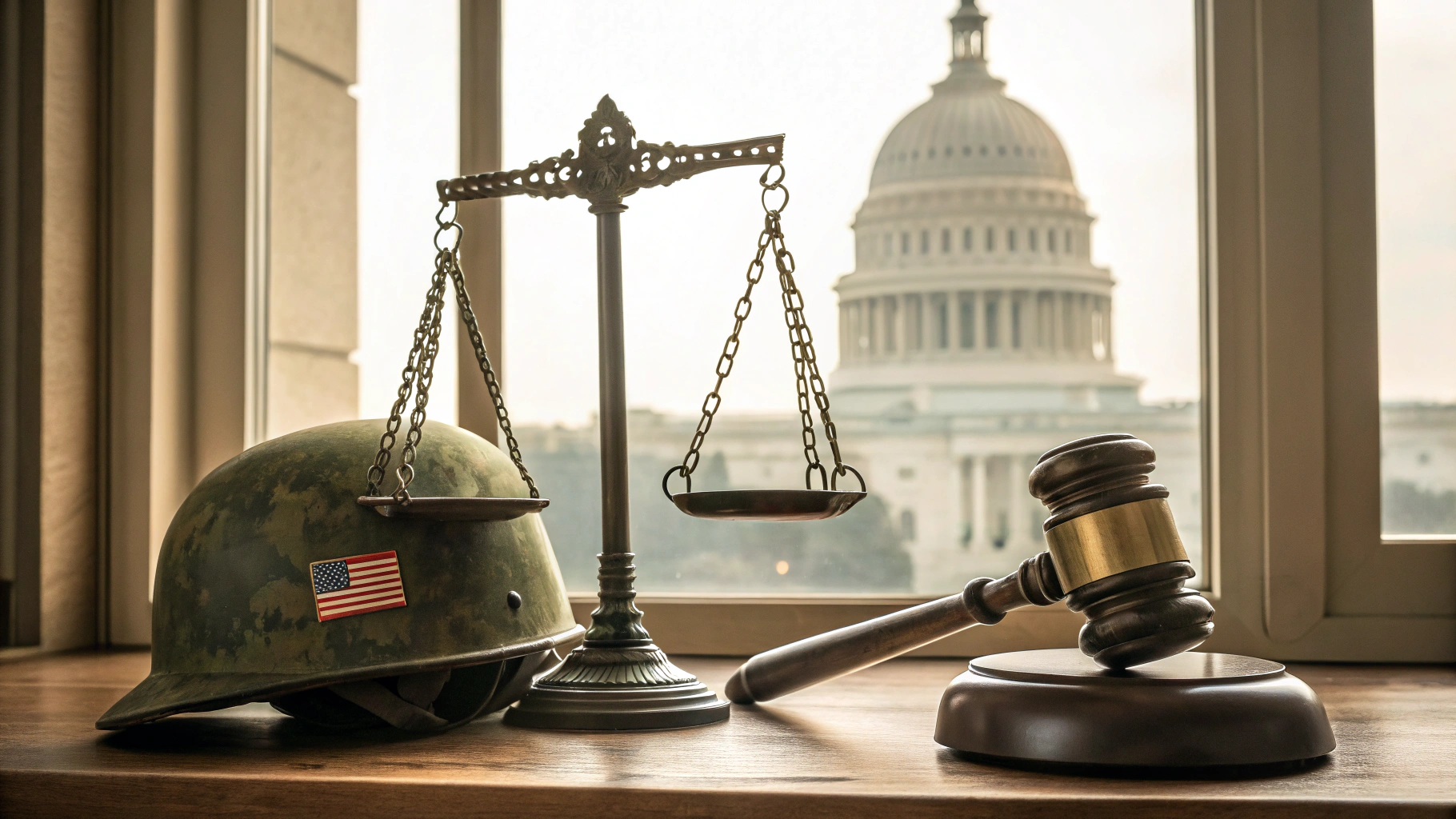
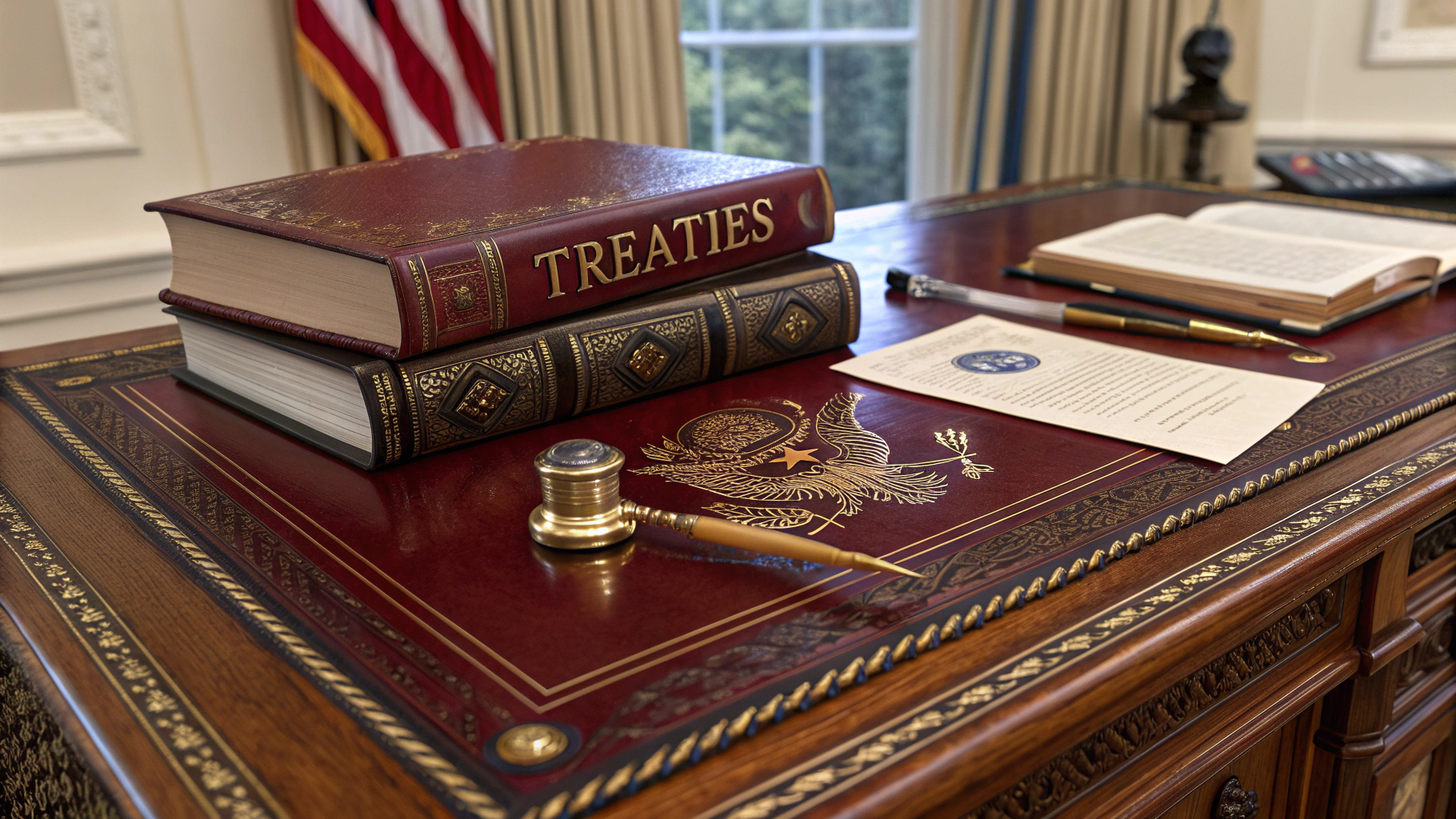

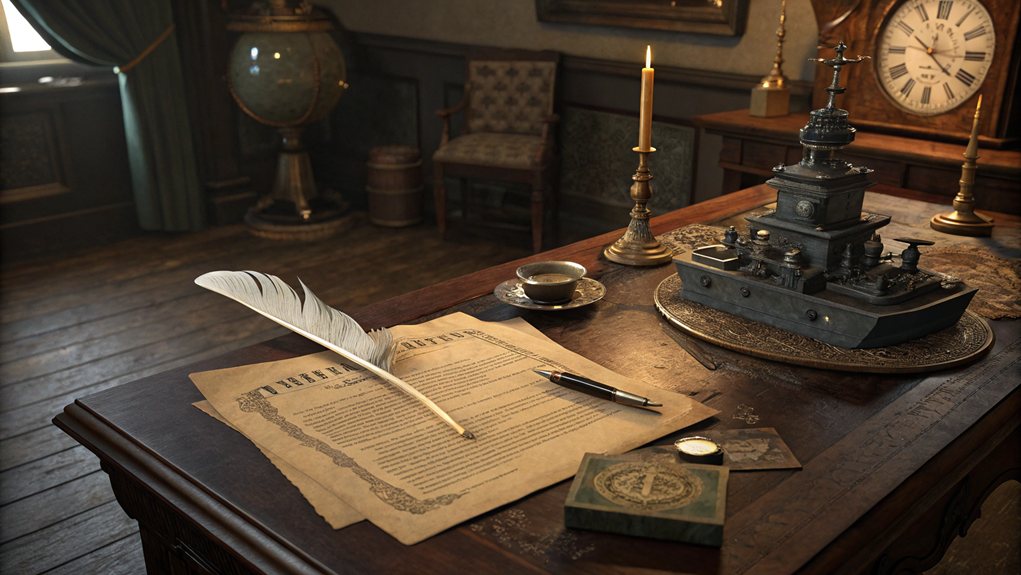
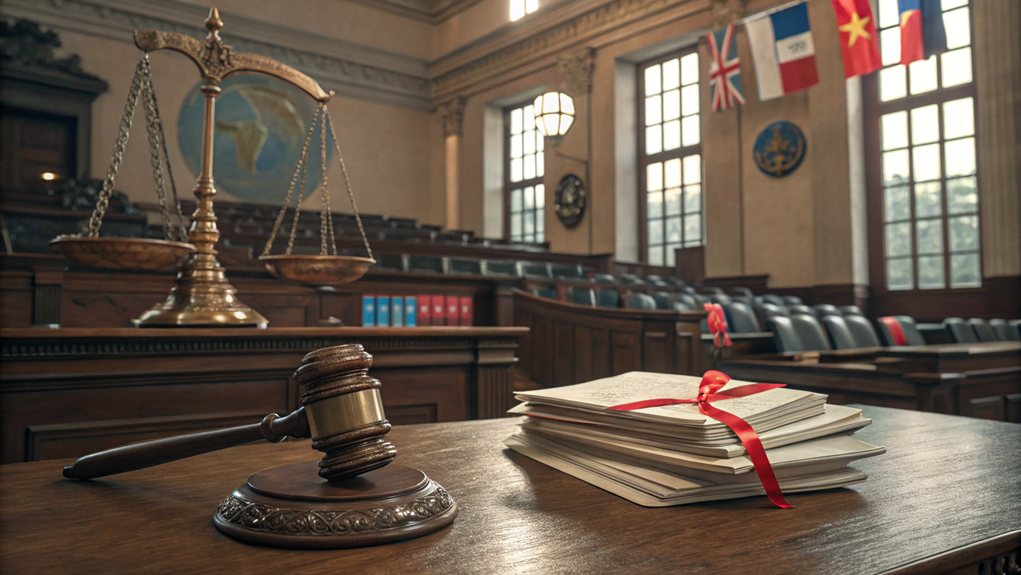




3 comments
Comments are closed.